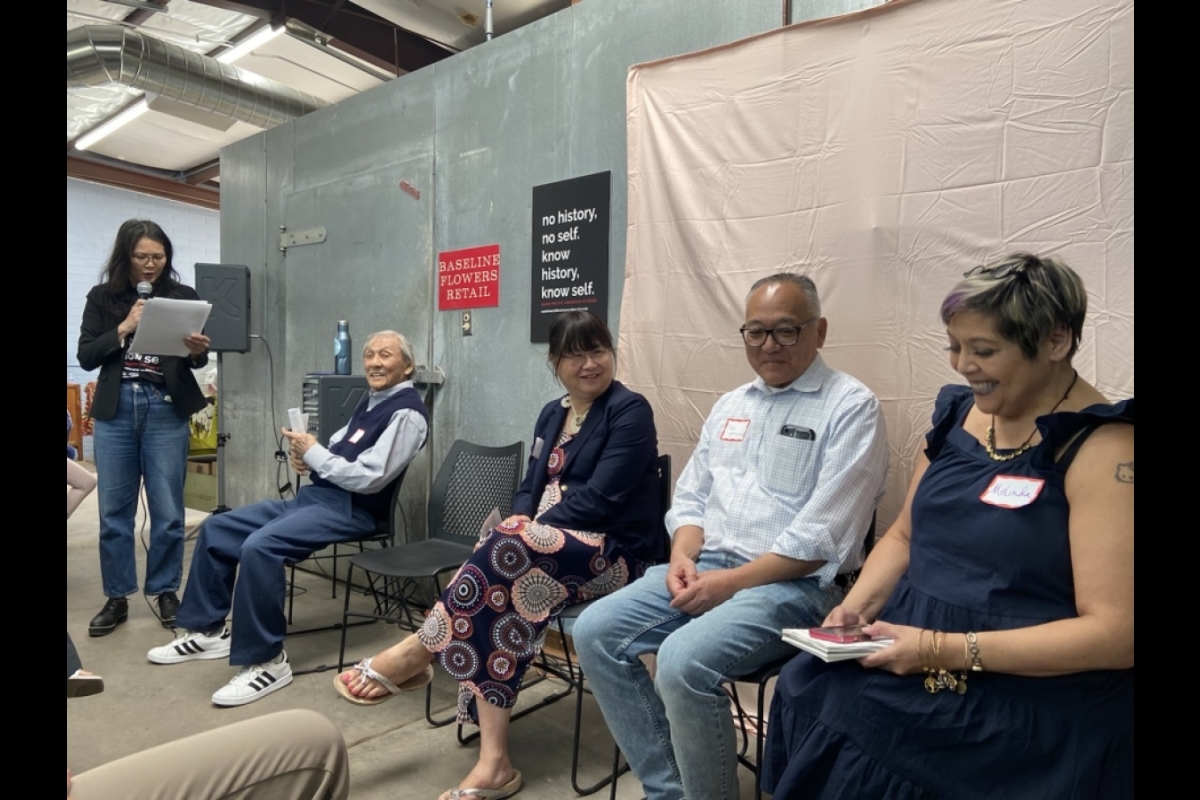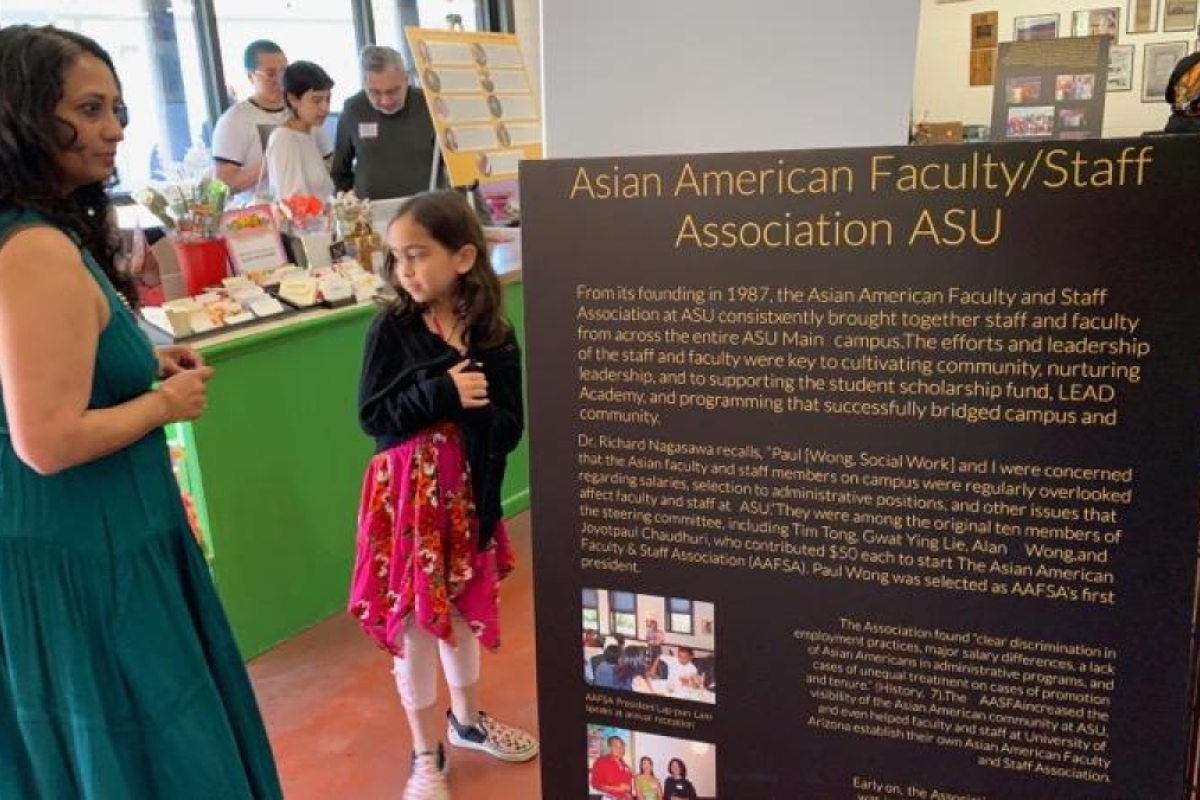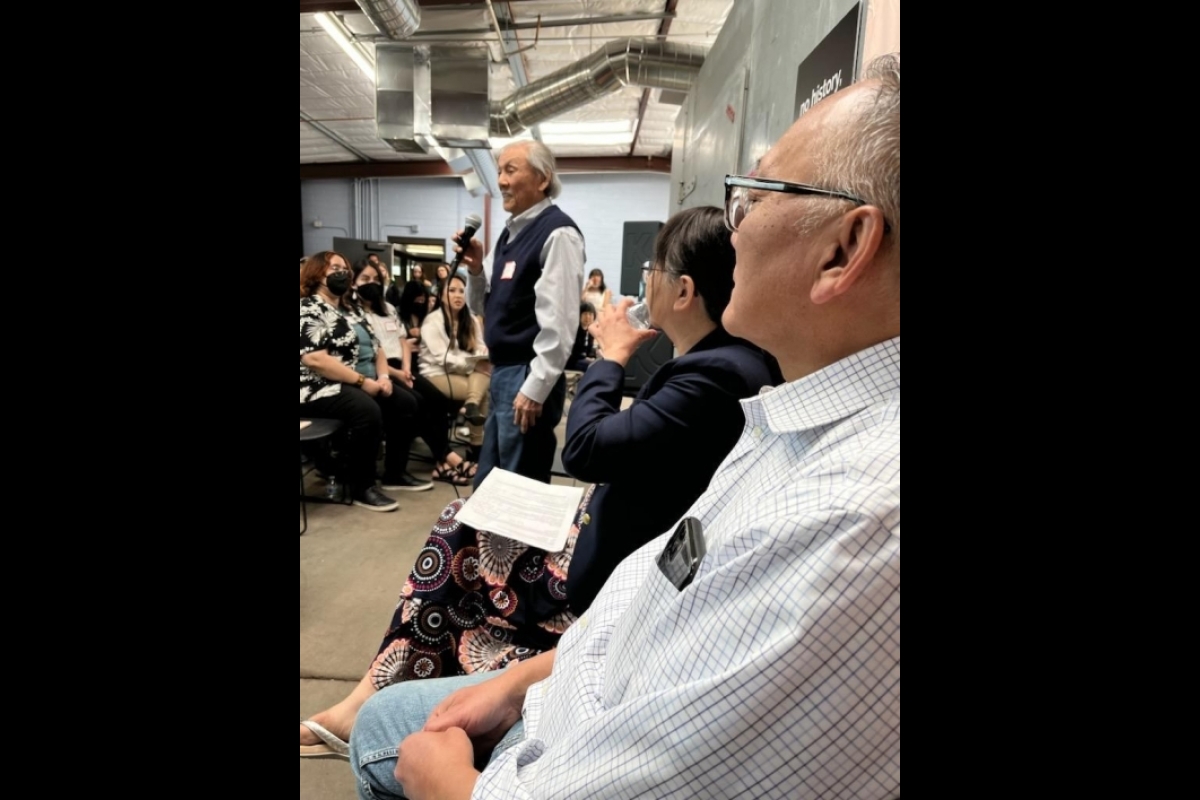Asian Pacific American Studies program at ASU celebrates 25th anniversary
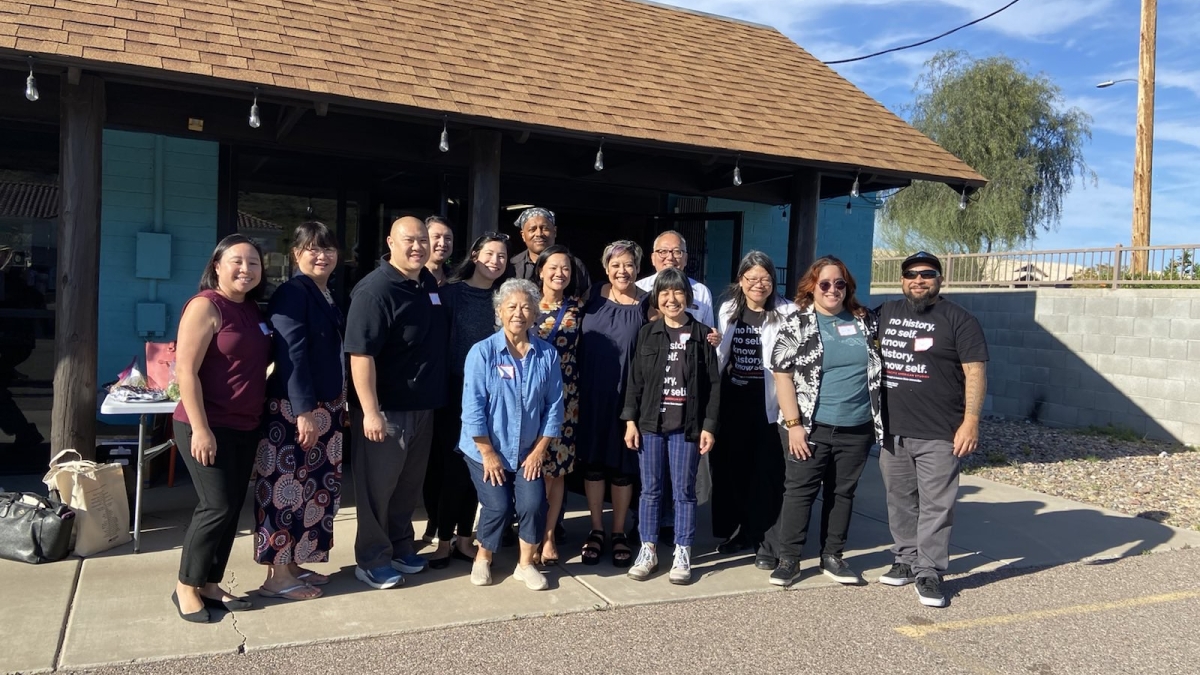
“It was a celebration of the collaboration between the community and the campus. We welcomed people back, all of those that made the past 25 years successful in addressing these issues," said Asian Pacific American Studies lead faculty and Associate Professor Karen Leong. Photo courtesy of Karen Leong
For the last 25 years, the Asian Pacific American Studies program at Arizona State University has educated students on the experiences and history of the Asian American, Native Hawaiian and Pacific Islander (AANHPI) communities.
The diverse experiences of AANHPI communities in Arizona and the United States provide vital insights that inform communities on current issues and provide a sense of identity.
“Few community members understand historically how much Asian Americans and Pacific Islanders have contributed to U.S. history, the understanding of civil rights, belonging and immigration,” said Asian Pacific American Studies lead faculty and Associate Professor Karen Leong. “There is a lack of knowledge that we need (to teach).”
Through courses developed by nationally recognized scholars, the program now educates students about AANHPI justice and ethnic movements, immigration, globalization and race relations.
History of Asian Pacific American Studies at ASU
The program, housed within the School of Social Transformation in The College of Liberal Arts and Sciences, took quite a journey to get to where it is now.
In the 1970s, AANHPI faculty, students and staff at ASU and community members started envisioning a program that represented their diverse ethnic groups and educated Arizonans on their histories, cultures and related societal issues.
It took almost two decades until official planning started, and in 1998, the program was established under founding Director Thomas Nakayama and offered an undergraduate certificate. Eventually, the program expanded to provide a minor and major, which includes an accelerated degree path to master’s degrees in American studies and social and cultural pedagogies.
“What distinguishes the program at Arizona State University is that it was driven by community demand. By that, we mean the faculty and staff at ASU recognized the need for a program that reached out to all students and educated them about Asian American experiences. That later expanded to include Native Hawaiians and Pacific Islanders,” said Leong.
The program’s coursework has prepared students to study issues that have shaped AANHPI communities through community-engaged research and collaboration.
"For over two decades, faculty and staff of the Asian Pacific American Studies program have worked to provide insightful information on AANHPI experiences and engage learners of all backgrounds," said Patrick Kenney, dean of The College of Liberal Arts and Sciences. "We look forward to the growth and development of the program as they continue to reach more communities."
25th anniversary celebration
The program recently celebrated 25 years of success.
“It was a celebration of the collaboration between the community and the campus,” said Leong. “We welcomed people back — all of those that made the past 25 years successful in addressing these issues.”
During the festivities, leadership and the community recognized the program's impact on the AANHPI communities, honored faculty and community members instrumental in getting the program off the ground and addressed the program’s future development.
Honored guests included Nakayama; Richard Nagasawa, who taught Asian Americans for Sociology in 1977; and Melinda de Jesus, the program’s first tenure-track faculty hire in 1999.
What’s next for the program?
In considering future plans, the program is taking inspiration from the early days when faculty and community members first advocated for degree offerings. Just as the original founders saw the need for education and representation of Asian Americans, Pacific Islanders and Native Hawaiians, current program leaders know there are still other communities whose history in the U.S. mostly goes unnoticed. One of those communities is Arab Americans.
“There’s a lack of a place to learn about Arab Americans and their experiences, a lack of studies to learn about their own culture and history in the United States,” said Leong.
Expanding online courses is another future step for the program, making educational opportunities widely accessible to provide a greater understanding of these issues.
“We would love to offer more courses online,” said Leong. “Because we don’t just focus on a particular interest — we think there is a need to learn more about this history and ways of thinking.”
The program also hopes to provide internships for students to serve and work with local organizations.
“We are putting our resources directly into student programming through internships, redesigning courses for online and on-campus students and scholarships,” Associate Professor Karen Kuo said.
The APAS 25 for 25 Campaign is helping the Asian Pacific American Studies program reach these new goals and continue its research and engagement throughout Arizona and beyond.
“We love to see people involved, whether partnering with us or taking our courses to understand the Asian American Pacific Islander community better,” Kuo said.
More Arts, humanities and education
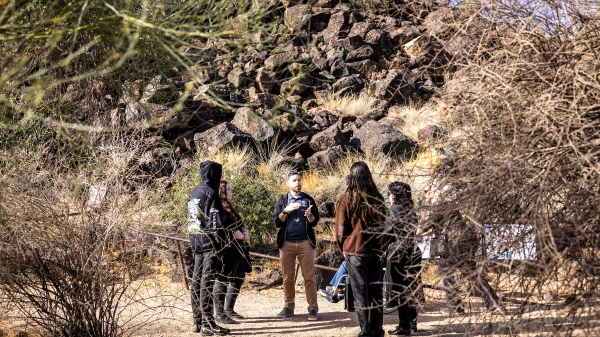
Petroglyph preserve celebrates 30th anniversary with ancient, modern tales
The Deer Valley Petroglyph Preserve provides a beautiful walk through a pristine desert where chuckwalla lizards are as plentiful…
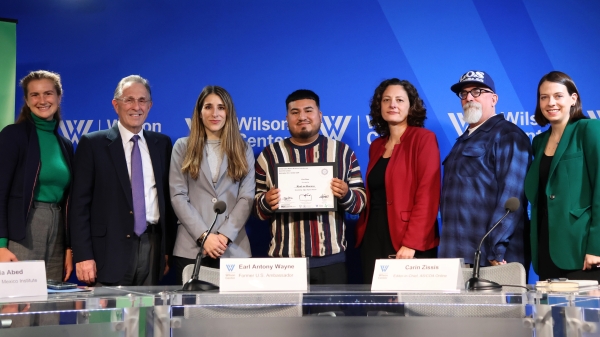
Kaleidoscope short film contest inspires powerful binational filmmaking in its second year
“We come to this country not to steal anybody’s jobs but to take advantage of the opportunities that the rest ignore. We’ve been…

ASU's Neal Lester reflects on life, death of poet Nikki Giovanni
When Neal Lester heard on Monday that poet and activist Nikki Giovanni had died, the news hit hard.Lester, the founding director…
